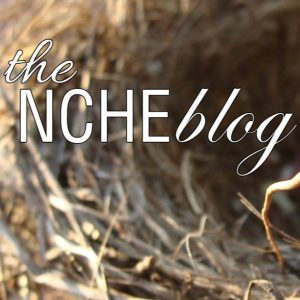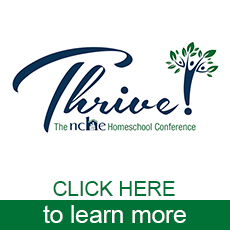 Co-op is an abbreviation that stands for co-operative learning. In the context of homeshcool, co-ops are as unique and varied as the homeschoolers that comprise them. In general, co-ops are at least 2 families who agree to get together regularly with the intention of learning—whether the learning goals are academic, social, experiential, philanthropic, or something else.
Co-op is an abbreviation that stands for co-operative learning. In the context of homeshcool, co-ops are as unique and varied as the homeschoolers that comprise them. In general, co-ops are at least 2 families who agree to get together regularly with the intention of learning—whether the learning goals are academic, social, experiential, philanthropic, or something else.
Some co-ops are centered around getting together to explore the great outdoors. They are less focused on assignments and more geared toward following the child’s natural interests or building community.
The curriculum you choose may also lead you to look for a local co-op with similarly minded families. Five in a Row, My Father’s World, or Story of the World are examples of curricula that work great with small groups of children. Local co-ops are usually governed by parents or retired homeschool parents, but some may be directed by a larger parent organization.
Some co-ops are very structured. They have detailed lists of recommended reading, robust goals for memorization and recitation, hearty projects, field trips, or even offer tutoring for their students. They are popular because some families really thrive with this structure. Even in a structured co-op, parents are still the primary instructors and ultimately it is they who choose how deeply the students will be involved in each subject.
Sometimes families just get together informally to do their own thing, and that works too! This is a great fit for unschoolers, eclectic homeschoolers, and other homeschoolers who want to go really deep into a single subject like coding or biology.
So what isn’t a co-op?
University Model Schools University model schools are not homeschools or homeschool co-ops for a number of reasons. The biggest reason is that students are not enrolled in homeschools operated by their parents. In a university model school, students are enrolled at that university model school and the chief administrators who choose curriculum, administer tests, and keep attendance records are also not the child’s parents. While these schools do meet together once or more per week, and a good deal of the student’s work may be done at home, the university model is an example of distance learning—just like when you are a student enrolled at a university!
Dual Enrollment If your child is taking classes at a college or community college and is still working toward graduating from your homeschool, then they are still homeschool students. The state governs college course descriptions, and college professors set the content and sequence of college classes. Professors are responsible for teaching, grading students’ work, and awarding credit for completion of the class. While classes offered at colleges or community colleges may count for portions of your homeschool academic credits, these are college classes and not a co-op.
Enrichment Classes Say you drop your child off at a ballet studio for 5 hours each week. You want to count this as physical education. That’s great! You can do that. But even though there are other students in the class, this is not a co-op. This is an enrichment class. Enrichment classes are a great component in home education!
You can find a comprehensive list of local co-ops by region right here on the NCHE website. Connecting you with other homeschoolers is one of the ways that NCHE helps you homeschool with confidence and joy! Stay connect with us on Facebook, Instagram, Pinterest, and Twitter at @nche1984.
Invite new homeschoolers to your co-op by introducing yourself and your co-op in the comment section below.




